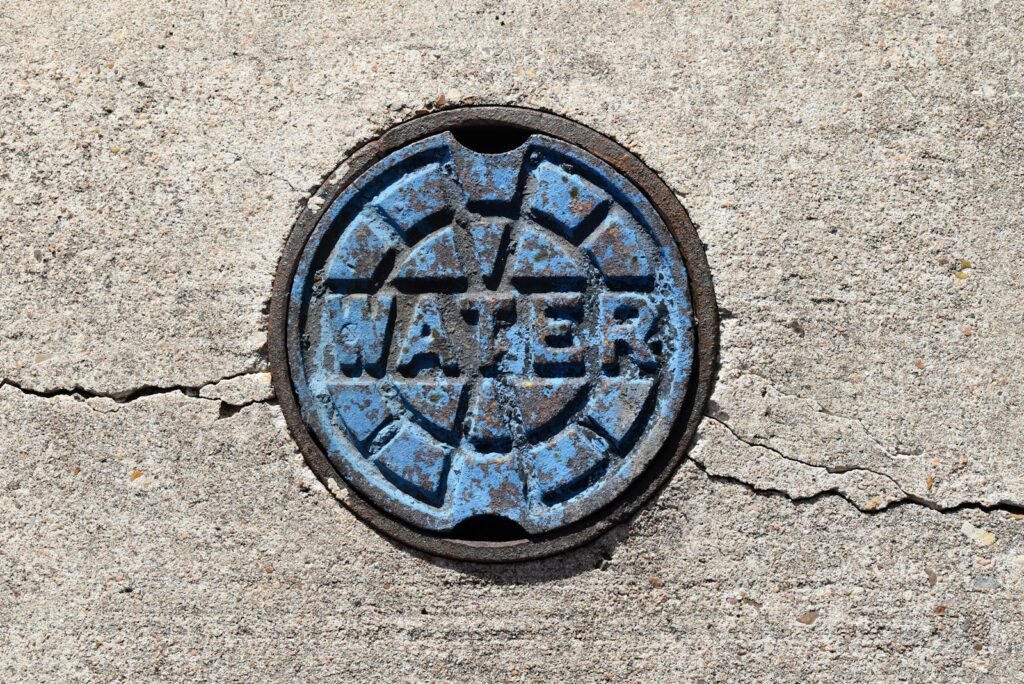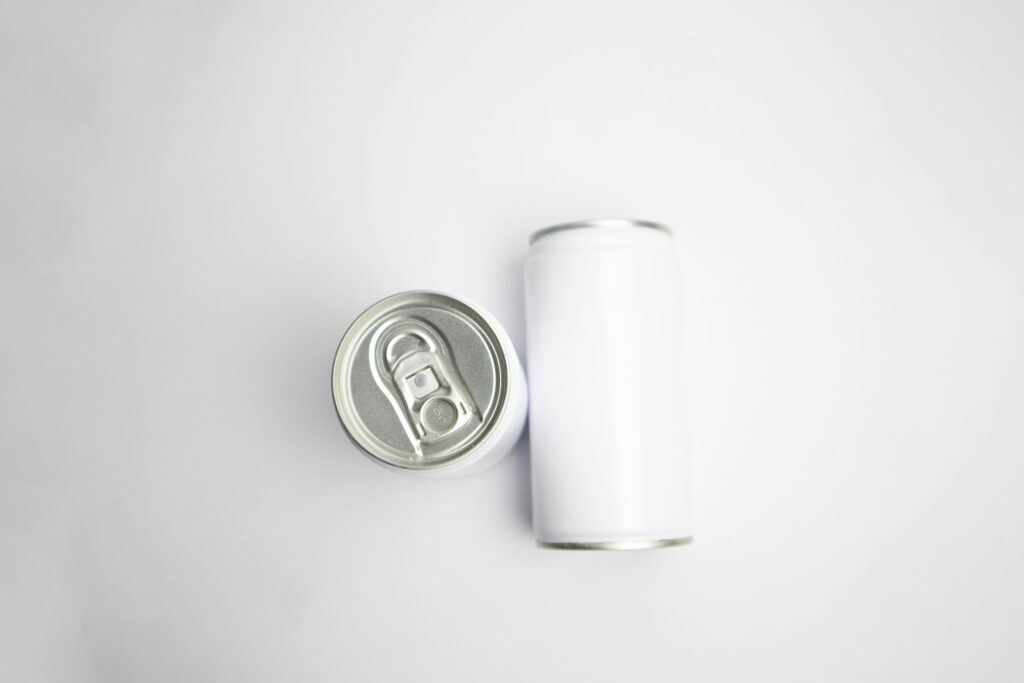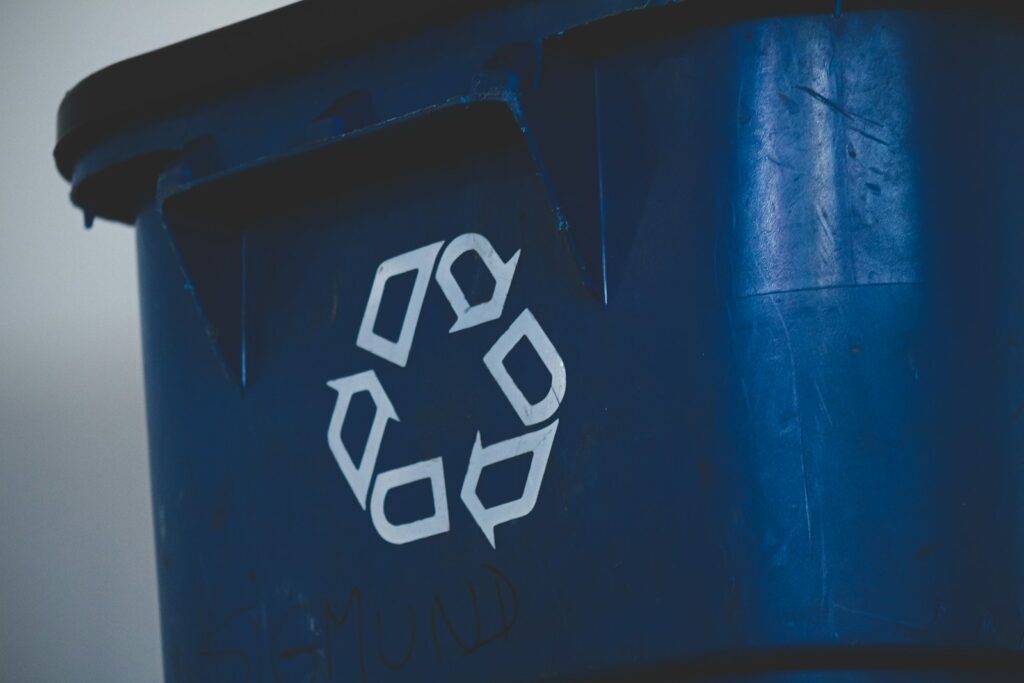Battery solutions company Aceleron has developed a new recyclable and reusable electric vehicle (EV) battery which is half the weight and four times as powerful as a typical battery.
Transport is the largest source of carbon emissions in the UK, in a bid to combat this, the UK government recently announced that they will ban the sale of petrol or diesel vehicles by 2035.
As the uptake of EV’s continues to increase, The International Energy Agency (IEA) has predicted that by 2030 44 million electric vehicles will be sold each year.
This raises a new issue of waste, in the next 20 years, electric vehicles are estimated to create more than 11 million tonnes of battery waste worldwide each year. This is enough to fill Wembley Stadium almost 20 times.
For electric vehicle company Eco Charger, Aceleron has developed a new lithium-ion battery, which can be repaired, upgraded, reused or recycled. This will enable Aceleron to repurpose over 90% of Eco Charger’s batteries through a new ‘buy-back’ scheme.
The new batteries will also use management software that allows remote performance monitoring to enhance battery life. This allows Aceleron to monitor and replace or upgrade components when they degrade or when improved products become available.
The circular economy technology can be applied across a range of energy storage products, from stationery to electric vehicles.
Dr Amrit Chandan, CEO and co-founder of Aceleron said: ‘By designing batteries for the circular economy from the outset, we can prevent mountains of battery waste from being created worldwide.
‘The decarbonisation of transport is critical, but we are currently solving one sustainability issue while ignoring another.
‘Waste is the elephant in the room. Fortunately, there’s a simple solution and companies like Eco-Charger are providing a blueprint to follow.’
Jon Hourihan, CEO of Eco-Charger, said: ‘By choice or by law all industries will soon have to decarbonise. Aceleeron’s batteries demonstrate that tailored engineering can provide low-carbon solutions across all e-mobility scenarios.’
In related news, a study published by researchers at the University of Cambridge and Exeter has shown that the CO2 emissions generated over the lifetime of an electric vehicle (EV) can be up to 70% lower than a petrol vehicle.
Photo Credit – Pixabay
















